Flying changes

Aviation is facing an enormous challenge to become climate neutral by 2050. Royal Schiphol Group, Royal NLR, SkyNRG and TU Delft are joining forces to make the Netherlands a front runner in sustainability.
How we do this, we have elaborated in Aviation in Transition. With support from the Ministry of Infrastructure and Water Management and the Ministry of Economic Affairs and Climate Policy, we have submitted an application for a financial contribution from the Growth Fund.
Recent updates
-
How can planes fly on hydrogen?
Get ready to brush up on your chemistry knowledge with this blog filled with H2, O2 and H2Os. It’s high time to discover more about hydrogen!
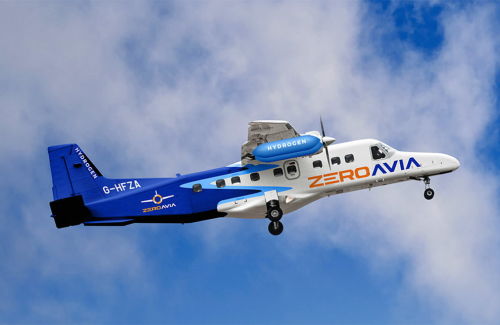
-
Flying emission-free
Together with ZeroAvia, Royal Schiphol Group and Rotterdam The Hague Airport are working hard so that the first zero-emission flights with hydrogen aircraft can depart from Rotterdam to London in 2024.

-
How can flying become cleaner and greener?
Schiphol wants to speed up sustainable aviation. With solutions like flying on hydrogen, cleaner kerosene and consuming less we're aiming for a better future.

-
Sustainable taxiing roadmap
By 2030, sustainable taxiing will be standard procedure at Schiphol. The airport recently presented a roadmap describing the steps that will be taken to reach this goal. The first step is the introduction of two towing vehicles at Schiphol mid-2022. If successful, this test phase will become a standard process and aircraft will be able to taxi sustainably to and from the Polderbaan Runway.
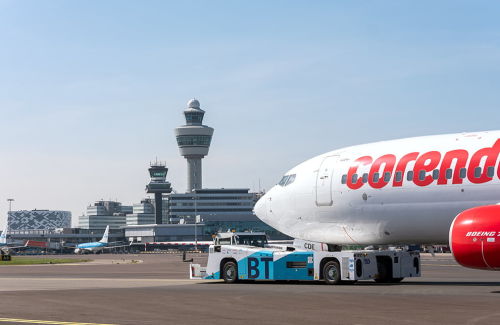
-
First hydrogen-powered air route
Royal Schiphol Group is working with several partners on the first emission-free commercial air route. The aim for this route – which will see a fully hydrogen-powered aircraft fly between Rotterdam The Hague Airport (RTHA) and London – is for it to be launched in 2024. The aircraft can accommodate up to 19 passengers.
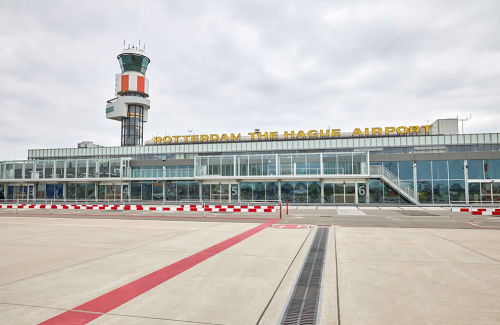
-
First electric aircraft at Schiphol
On 24 August 2021, an electric aircraft landed at Schiphol for the first time. It was a Pipistrel Velis Electro – a two-seater research aircraft from the Netherlands Aerospace Centre (NLR). The plane is helping the NLR gain experience and knowledge about electric flight.
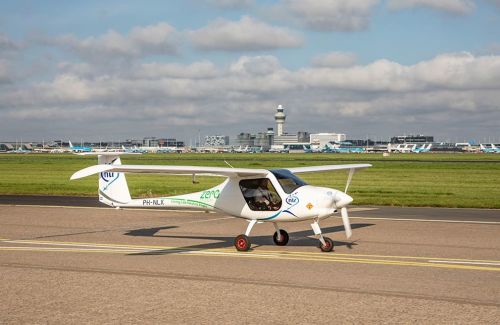
-
Power bank for planes
Where does an aircraft get its electricity from when standing at the gate? Just like a boat in a harbour or caravan at a campsite, it comes from an external source. Schiphol has developed a way for that to happen sustainably: using an extremely powerful power bank. Our power bank (a eGPU in technical jargon) is a world-first and has attracted international attention.
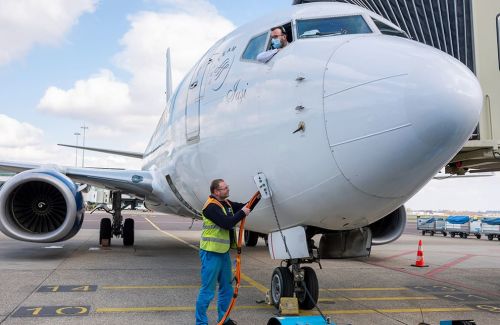
-
Investing in synthetic fuel development
Schiphol Group is taking part in two start-ups that are going to advance the development and production of synthetic fuels. Zenid and Synkero were presented in 2021, during an international conference on sustainable synthetic aviation fuel in The Hague.
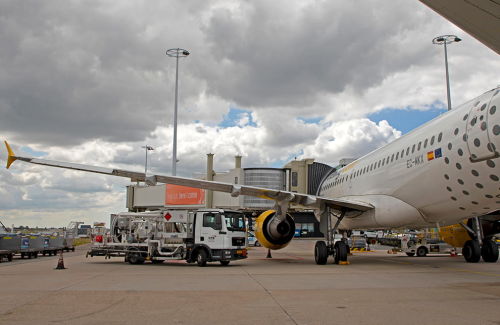
-
Sustainable fuel available at Schiphol
Airlines can now refuel with sustainable kerosene at Schiphol more easily. It is now available on request thanks to fuel supplier Neste’s minority stake in Aircraft Fuel Supply (AFS).
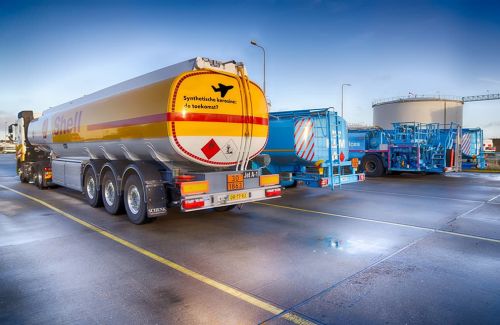
-
Living lab for electric flight
How feasible is electric flight? What is required at the airport to make it possible? Can a network between European regions be created? Eindhoven Airport, Rotterdam The Hague Airport and Groningen Airport Eelde are going to find out.
